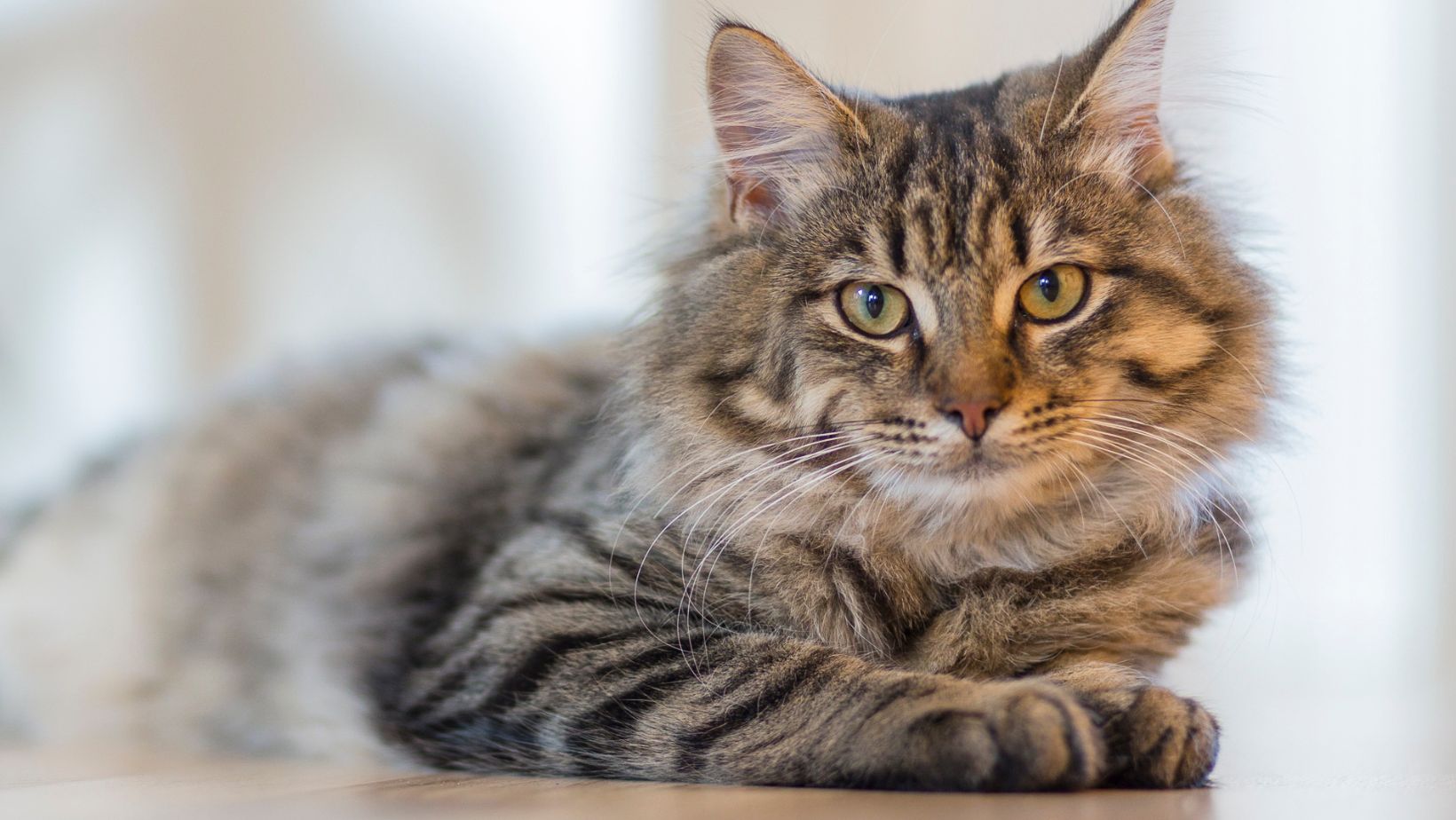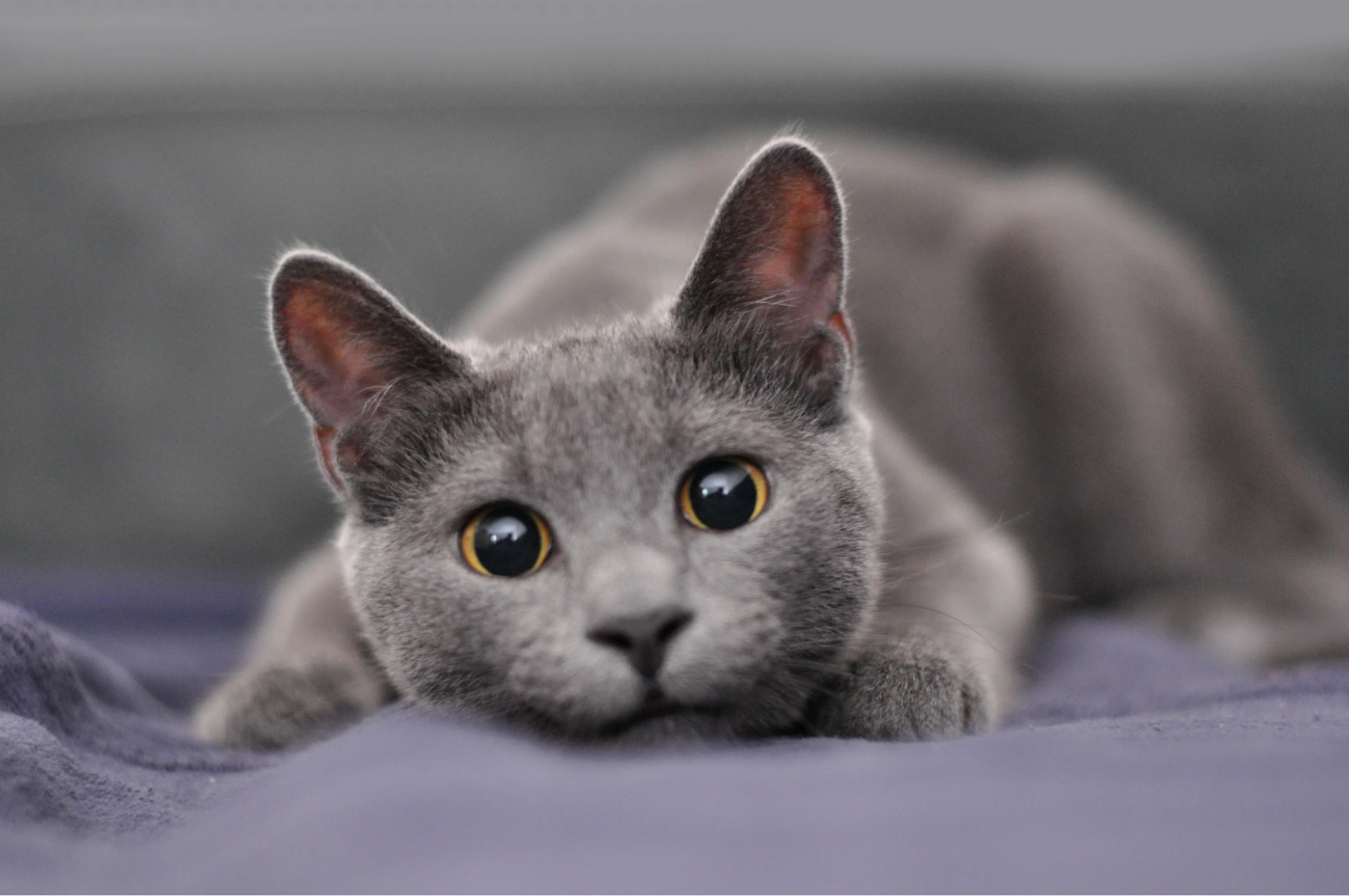Munchkin cats and Russian blue kittens are two distinct breeds with unique characteristics and care requirements. Munchkin cats for sale, known for their short legs and playful demeanor, and Russian blue kittens, celebrated for their plush blue-gray coats and calm personalities, make wonderful companions. This article provides a comprehensive guide on how to care for these two breeds, addressing their specific needs to ensure they lead healthy, happy lives.
Understanding the breeds
Munchkin cats: Munchkin cats are a result of a natural genetic mutation that causes short legs. Despite their stature, they are agile, energetic, and curious. They love interactive play and form strong bonds with their families.
Russian blue kittens: Russian blue kittens are elegant and intelligent, with a striking blue-gray coat and emerald-green eyes. They are known for their gentle, reserved nature and thrive in a peaceful environment. These kittens are affectionate with their families but can be shy around strangers.
Diet And Nutrition
Proper nutrition is essential for munchkin cats and Russian blue kittens to support their growth and health.
- High-quality food: Choose premium cat food high in protein and tailored for kittens. Ensure the food meets the nutritional guidelines set by AAFCO (Association of American Feed Control Officials).
- Portion control: Feed your kittens multiple small meals daily to accommodate their smaller stomachs and high energy levels.
- Hydration: Provide fresh water at all times. For Russian blue kitten, consider adding wet food to their diet to ensure they stay hydrated, as they can be prone to urinary issues.
- Special considerations: Munchkin cats, due to their body structure, should maintain a healthy weight to avoid putting extra stress on their joints. Avoid overfeeding or giving high-calorie treats.
Grooming
Grooming needs differ significantly between these two breeds due to their coat types.
- Munchkin cats:
- Short-haired munchkins require weekly brushing to remove loose fur and reduce shedding. Long-haired munchkins may need brushing 2-3 times a week to prevent mats and tangles.
- Clean their ears weekly to prevent wax buildup, and trim their nails every two weeks.
- Russian blue kittens:
- Their dense, double-layered coat benefits from weekly brushing to maintain its shine and reduce shedding. Use a soft-bristle brush to avoid damaging their delicate fur.
- Pay attention to their eyes and clean any discharge with a damp cloth. Regular grooming helps minimize hairballs.
Exercise And Play
Both munchkin cats and russian blue kittens require exercise and mental stimulation to stay healthy and engaged.
- Interactive play: Use toys such as feather wands, balls, or laser pointers to engage them in active play. Munchkin cats especially love chasing and climbing despite their short legs.
- Climbing and exploration: Provide cat trees, shelves, or other vertical spaces. While munchkin cats may not jump as high as other breeds, they enjoy climbing within their limits.
- Puzzle toys: Russian blue kittens are highly intelligent and benefit from puzzle toys that challenge their problem-solving skills.
- Daily playtime: Dedicate at least 20-30 minutes daily to active play with each kitten to strengthen your bond and keep them physically fit.
Creating a safe and nurturing environment is crucial for the well-being of both breeds.
- Munchkin cats:
- They are social and enjoy interacting with family members and other pets. Gradually introduce them to new people or animals to build their confidence.
- Provide a variety of toys and interactive activities to satisfy their curiosity and prevent boredom.
- Russian blue kittens:
- These kittens are more reserved and require a calm environment to feel secure. Avoid sudden loud noises or overwhelming situations.
- Socialize them gradually by exposing them to different experiences, always ensuring they feel safe.
Health Care
Routine veterinary care is essential for both Munchkin cats and Russian blue kittens to monitor their health and address any breed-specific concerns.

- Vaccinations and parasite control: Ensure they follow a vaccination schedule recommended by your vet and use preventative treatments for fleas, ticks, and worms.
- Spaying/neutering: Discuss the appropriate time for spaying or neutering with your vet to avoid unwanted litters and potential health issues.
- Breed-specific health concerns:
- Munchkin cats may be prone to spinal issues or joint problems due to their short legs. Regular check-ups and maintaining a healthy weight are vital.
- Russian blue kittens can be predisposed to urinary tract issues, so a balanced diet and adequate hydration are important.
- Dental care: Both breeds benefit from early dental care routines, including brushing their teeth with a cat-specific toothpaste.
Litter Box Training
Both munchkin cats and Russian blue kittens are intelligent and typically easy to litter train.
- Choose the right box: For munchkin cats, ensure the litter box has low sides to accommodate their short legs.
- Litter type: Use a non-scented, clumping litter to avoid irritation or aversion.
- Cleanliness: Keep the litter box clean by scooping daily and changing the litter weekly. Both breeds are fastidious and may avoid a dirty box.
Building A Strong Bond
Developing a loving relationship with your kittens involves time, patience, and understanding.
- Spend quality time: Engage in play, grooming, and cuddling sessions to strengthen your bond.
- Positive reinforcement: Reward good behavior with treats, praise, or playtime. Avoid punishment, as it can damage trust.
- Observation: Pay attention to their body language and behavior to understand their needs and preferences better.
Safety And Kitten-Proofing
Kitten-proofing your home is essential to prevent accidents and keep your kittens safe.
- Remove hazards: Secure electrical cords, store small objects that could be swallowed, and avoid leaving toxic plants or chemicals within reach.
- Safe spaces: Provide cozy, quiet areas where they can retreat if they feel overwhelmed.
- Secure windows and balconies: Use screens or barriers to prevent falls or escapes.
Conclusion
Caring for munchkin cats and russian blue kittens involves understanding their unique needs and providing a loving, supportive environment. With proper grooming, nutrition, exercise, and veterinary care, these kittens will grow into healthy, happy companions. Their distinct personalities — from the playful and social nature of munchkins to the reserved and affectionate demeanor of russian blues — make them a joy to have as part of your family. By meeting their physical and emotional needs, you’ll enjoy a rewarding and enduring bond with your feline friends.
























